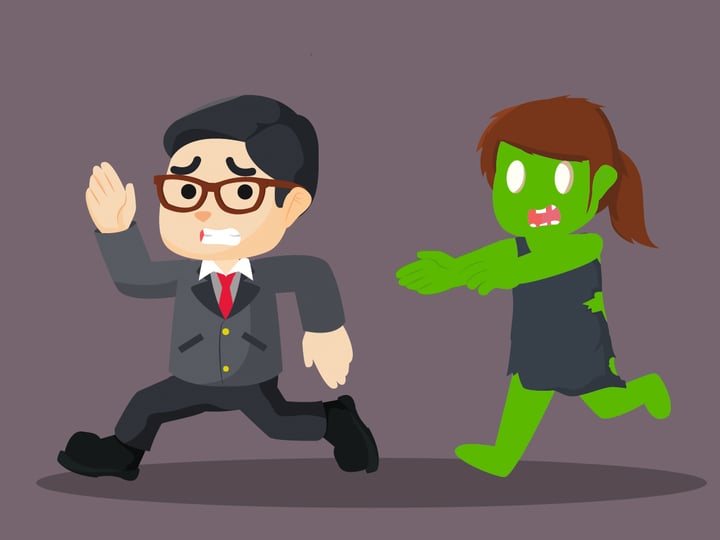Interviews are the supreme gateway for talent to enter a business and they’re the most popular form of candidate assessment going. But ironically, academic evidence suggests that interviews are only mildly effective at predicting a candidate's future success in the job. One particular study by Schmidt and Hunter revealed that interviews may only predict about 14% of the variability of employee performance. It is especially worrying that interviews have such low levels of reliability, given how much they are actually used to assess top talent.
There are several reasons why interviews are thought to be such bad predictors of performance and these are related to subconscious and conscious forms of interviewer bias. Below I have set out the main 3 forms of subconscious interviewer bias and have offered several suggestions that may help to remove them.
1. Halo or horns effect
There is a tendency for interviewers to search for information from a candidate which fits in with a preconceived notion about a candidate, that is, a notion or opinion that was formed prior to interview.
This could be good (known as the Halo effect) or bad (the Horns effect). The interviewer becomes subsequently blind to any answers during the interview which contradict their preconceived idea about the candidate.
2. Unconscious (or conscious) judgments on appearance
Interviewer decisions may be influenced by very superficial factors relating to the interviewee such as their attractiveness, race, gender, etc..., none of which relate to whether or not they can do the job. One particular piece of research suggested that candidate obesity accounted for 35% of the variance in selection decisions.
3. Intuition
A lot of the assessment process is based on intuition, but, unfortunately research has shown that intuition is not particularly reliable when it comes to actually selecting the right candidate.
So is there anything that organisations can do to eliminate or reduce this bias, and make interviews a better predictive tool? Here are four ways to reduce interviewer bias in the selection process:
1. Make sure to use structured interviewing as opposed to an informal chat.
2. Allow your interviewers sufficient time to write up their interview evaluations.
3. Use a formal process for scoring candidates and writing up evaluations.
4. And finally, increase accountability by requiring all interviewers to take notes and produce written justification for each selection decision.
A study from 2011 suggests that using some or all these approaches can help to increase the predictive accuracy of your interview process and therefore improve your hiring process altogether.
Sean McPheat
Sean is the Founder and Managing Director of MTD HR Consulting, a leading authority on modern day human resource management and training.




